What is “Security Studies”? We asked ourselves that same question a few years ago when we hired Eric Schewe to write a column for us called “Security State of Mind.” We thought the working name for the column— “Security Theater”—told us almost everything we needed to know. Then he started publishing columns about food security, climate change, military bases, and suddenly we got it. Like our other syllabi, this is a thematic collection of stories that have been published on JSTOR Daily over the past several years by our pool of freelance writers. If you’re looking for a more academic list of resources, Eric has also compiled a Security Studies Reading List of foundational security studies texts found on JSTOR. As always, the research we cite is free for all to read.
December 2, 2016
Presidents have appointed National Security Advisors since 1953. Since the 1960s, they've become increasingly powerful within the Executive Branch.
July 26, 2017
Intending to rein in spending, the 1947 National Security Act reorganized the military establishment.
July 26, 2018
The National Security Agency's surveillance of citizens flew under the radar for decades. Why is there now so much mistrust of the NSA?
October 25, 2018
Viewing climate change through a national security lens makes a certain amount of sense -- but it won't entirely solve the problem.
March 28, 2019
In our final security studies column, our columnist posits that security as a permanent mode of government is actually making Americans less secure.
July 17, 2014
Wiretapping made its debut in front of the Supreme Court in 1928.
January 3, 2018
What would have been considered a dystopian level of surveillance a mere twenty years ago has now become the norm. Why don't internet users care?
December 27, 2018
The global private market for security has brought with it the need for hiring, measuring, and monitoring security workers in unprecedented ways.
July 17, 2018
Roe v. Wade left Americans with the idea that privacy is something we can expect as citizens. But does the SCOTUS consider privacy a constitutional right?
June 9, 2015
Is anonymity on the Internet linguistically possible?
June 28, 2018
The domestication of surveillance technology has caused big legal and ethical implications for security on both a personal and a social scale.
May 25, 2017
Noah Webster, author of An American Dictionary of the English Language published in 1828, invented the word "immigration."
March 7, 2017
Presuming that immigration was a boon to national security, U.S. borders remained mostly open for the first century of the nation’s existence.
March 17, 2017
Immigration and national security remain at the top of President Trump’s agenda. He issued a revised executive order ...
January 22, 2020
The makings of our modern resettlement system can be traced back to the fallout of the Vietnam War, a cascade of international crises stoked by the U.S.
September 6, 2017
Is a world without borders an idea so crazy it just might work? Scholars weigh in on how open borders might solve the world's immigration problem.
June 11, 2021
Some countries argue that they should keep their ocean territories, even if the land they're based on is submerged.
May 10, 2018
World hunger is not caused by our inability to produce enough food. The problem arises because of the economic inequality that distorts food distribution.
September 12, 2019
Some scholars and scientists are calling climate change the invisible player in Syria's ongoing civil war. But is that too simplistic an explanation?
May 23, 2017
Historically speaking, we are living in unusually peaceful times. But does peacetime mean bad things for the economy, which is often boosted by war?
August 6, 2015
An exploration of Potsdam and its effects on the Cold War.
November 5, 2018
The "Thucydides trap" refers to the theory that when a rising power threatens a ruling power, the result is often war. Are the US and China headed there?
May 6, 2021
A contemporary scholar uses the ancient Greek historian to explain the 1968 Pueblo Crisis in North Korea.
October 23, 2015
The fight for nuclear non-proliferation by state and non-state actors alike.
April 11, 2018
The U.S. occupation of Africa has become self-justifying. The U.S. military now must stay in Africa to protect the interests of the U.S. military in Africa.
July 15, 2016
Surveying the purported objectives of 28 international terrorist groups and determining whether these groups achieved their aims.
March 3, 2017
The Freedom of Information Act of 1966 (or FOIA) was the result of a struggle by Congress and private business for information from the executive branch.
April 15, 2021
Hollywood was just fine avoiding all portrayals of the Central Intelligence Agency for years after the agency's founding in 1947.
April 1, 2020
The number of MoMA-CIA crossovers is highly suspicious, to say the least.
May 4, 2020
The most important factors that steered Russia away from democracy, says one scholar, weren't inevitable.
August 8, 2018
To hide in plain sight while on assignment in foreign nations, agents needed precisely tailored clothes made to look local.
May 9, 2016
Bletchley Park's code-breakers are famous for cracking Enigma, but they had a major assist from three Polish mathematicians, who had done it in 1932.
September 19, 2018
Personnel at the US embassy in Havana have reported mysterious sounds and physical symptoms consistent with brain injury. Could it be microwaves?
Have a correction or comment about this article?
Please contact us.
Please contact us.



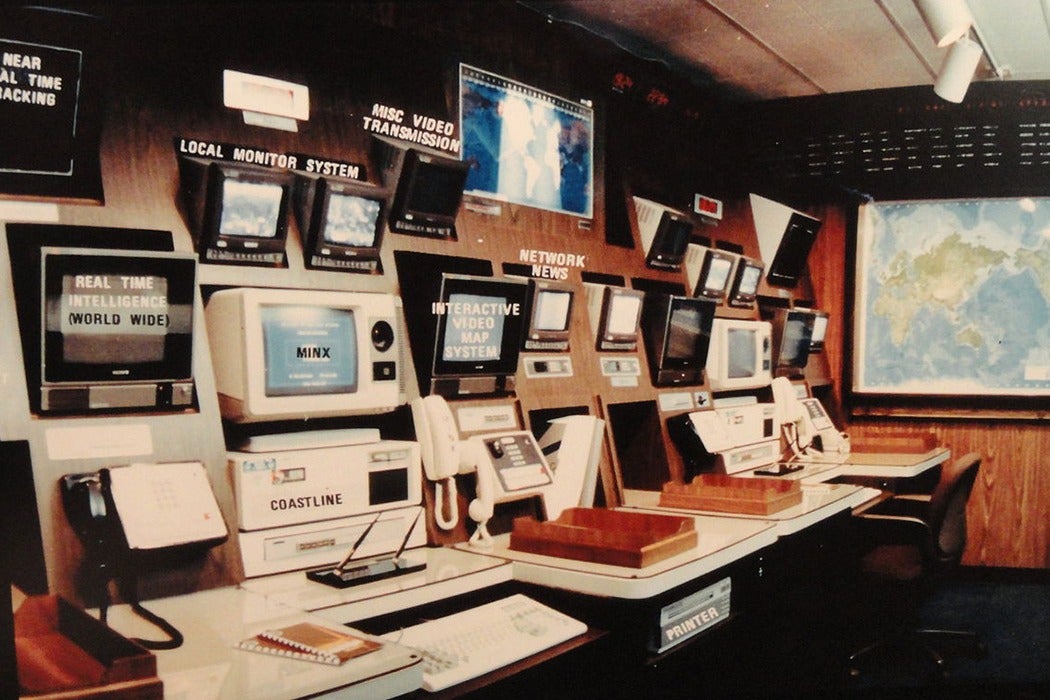

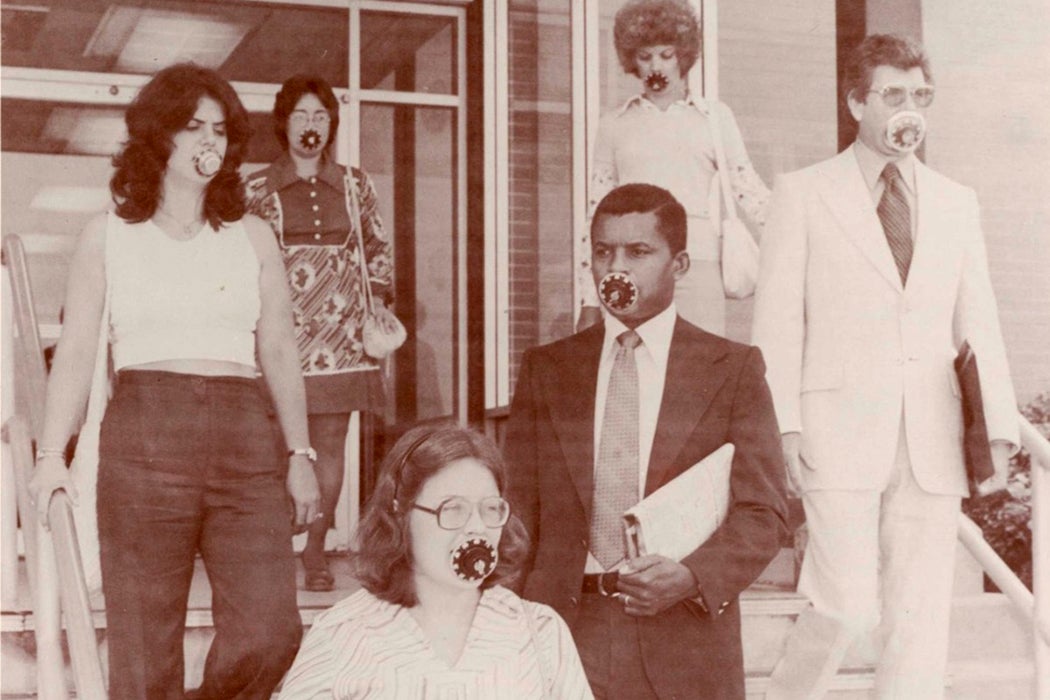

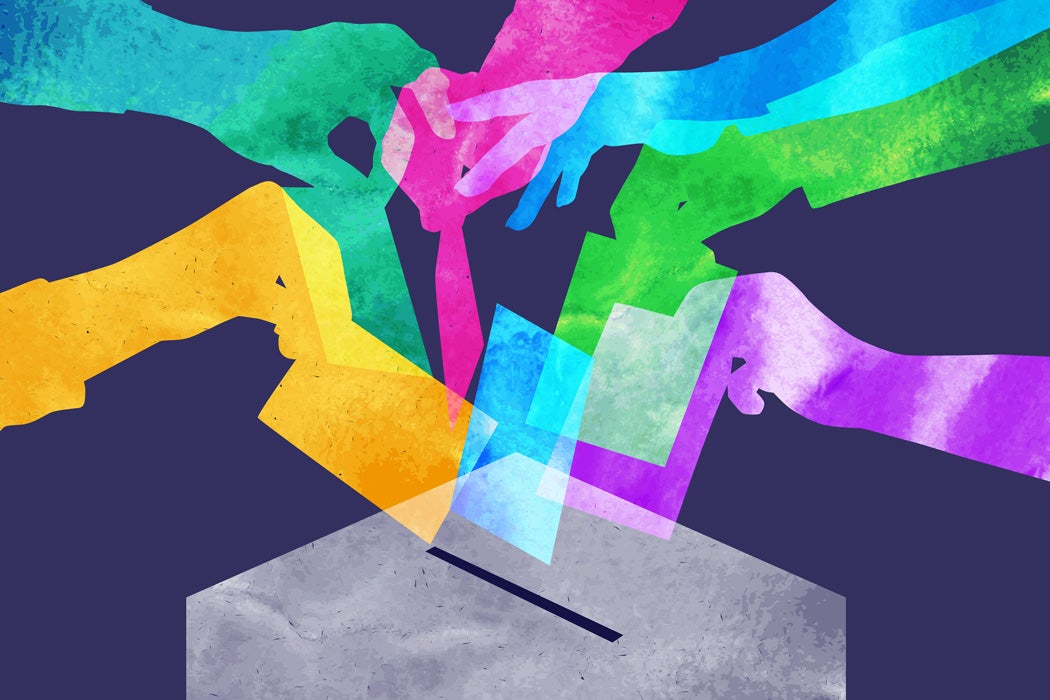


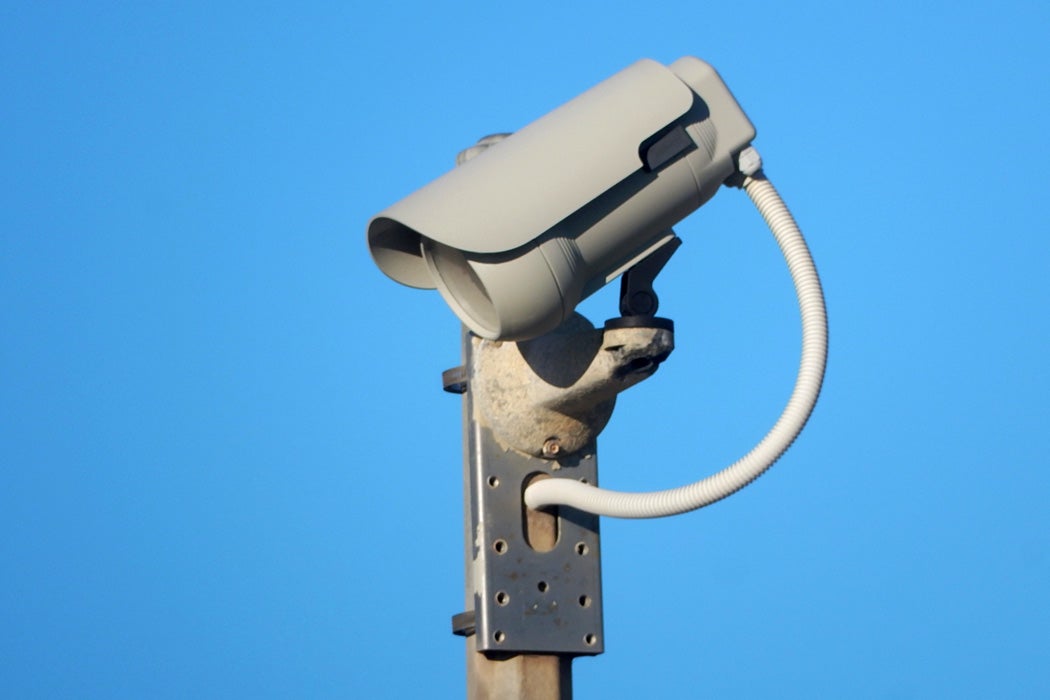


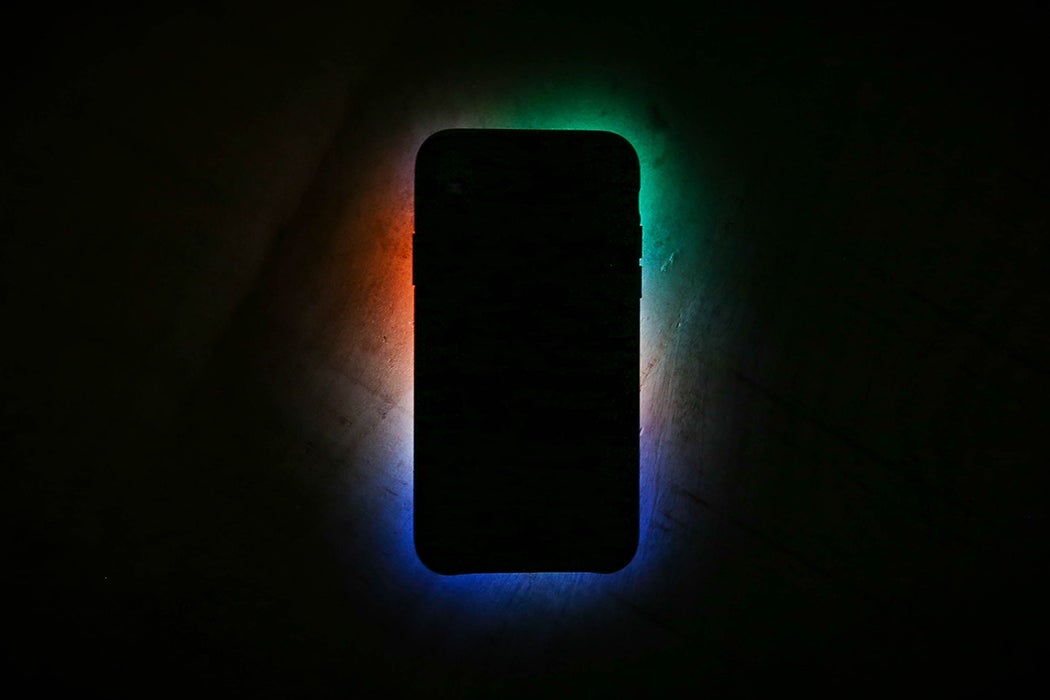












![By FEMA News Photo (This image is from the FEMA Photo Library.) [Public domain], via Wikimedia Commons](https://daily.jstor.org/wp-content/uploads/2015/10/FEMA_A-Bomb_1050x700.jpg)












